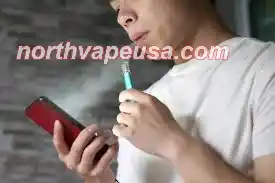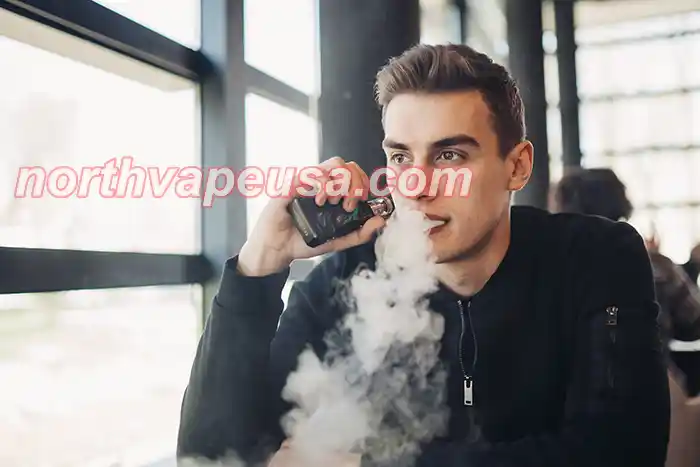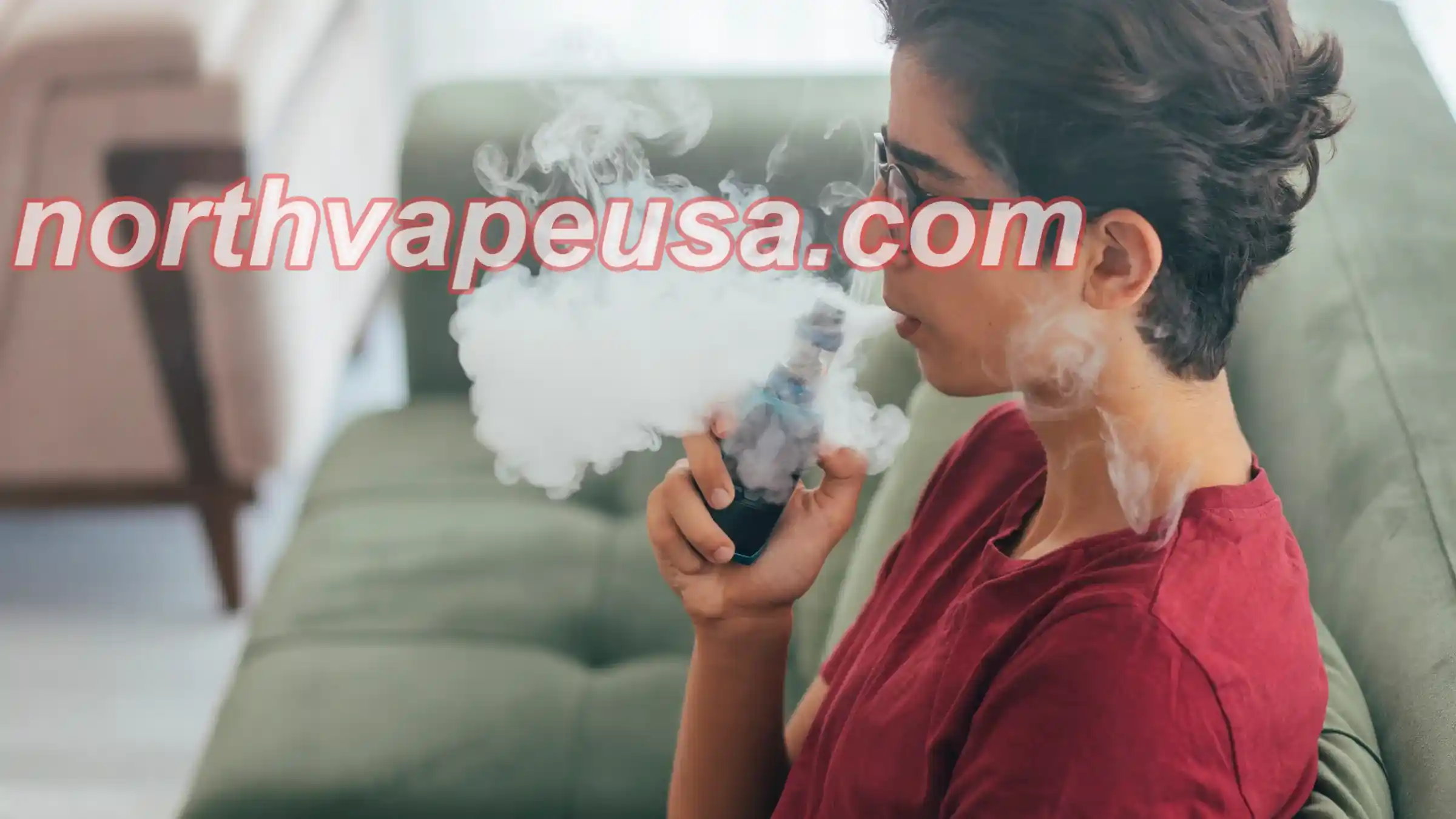Crackdown on Illegal Vaping: Nepal, Philippines, U.S. and More Take Action
Nepal Cracks Down on Illegal Vaping Imports: A Warning for Other Countries
In a bold move to combat the illegal trade of vaping products, Nepal’s police and the Tax Investigation Department have recently seized a massive shipment of unauthorized vape products. The smuggled goods, primarily vapes, were brought in from China and have been flooding the market in Nepal. Reports indicate that over 120,000 vapes, valued at over 250 million Nepalese Rupees, were intercepted in just the last two weeks. This raid underscores a growing concern about the rising smuggling of vaping products in the region.
Authorities have arrested three individuals involved in the illegal operation, and investigations are ongoing to identify the masterminds behind the smuggling ring. The crackdown is part of a larger effort to combat the widespread availability of unauthorized vapes, especially flavored ones, which have been increasingly popular among young people. This action comes at a time when global concerns over vaping-related health risks and its appeal to minors are at an all-time high.
Nepal’s strong stance on curbing the illegal vaping market sends a clear message to both manufacturers and importers alike: the country is serious about regulating these products. The authorities are now working to dismantle the smuggling networks and prevent such contraband from entering the country in the future. The case is still under investigation, but it marks a significant step in Nepal’s battle against illegal vaping.
Philippines Tightens Regulations on Vape Manufacturers and Importers
In the Philippines, the government has issued a fresh reminder to vape manufacturers, importers, and distributors that they must register for a valid Philippine Standards (PS) license in order to legally sell vaping products. The Department of Trade and Industry (DTI) issued a memo on January 13, 2025, requiring all nicotine and non-nicotine vaporized products to be licensed under the government’s regulations. This includes products sold through online platforms, digital markets, and physical stores.
The law, which falls under the Vaporized Nicotine and Non-Nicotine Products Regulation Act (RA 11900), aims to enforce stricter standards for vaping products, ensuring that they meet safety, quality, and consistency standards. If manufacturers or distributors fail to meet the certification requirements by the deadline, they will be subject to penalties. Looking for more similar vapes? north vapes customizes the perfect experience for you!
According to the regulations, offenders face escalating fines: a fine of PHP 100,000 (approximately USD 1,700) for the first violation, PHP 200,000 (around USD 3,400) for the second, and a hefty fine of PHP 400,000 (about USD 6,800), a potential 3-year prison sentence, or both, for repeat offenders. The law also gives authorities the power to revoke the business licenses of offenders.
The DTI is working closely with its Special Authorization Office for Vaporized Nicotine and Non-Nicotine Products to monitor compliance and encourage consumers to report any violations. This move highlights the Philippines' commitment to regulating the vaping industry and protecting public health, particularly among young people.
Global Vape Market Booms: An Industry on the Rise
Looking to the future, the global vaping market is expected to keep growing, and fast. According to a recent report by Research and Markets, the global vape market is projected to grow from a valuation of USD 18.98 billion in 2023 to a massive USD 23.15 billion by 2029, marking a steady annual growth rate of 3.4%.
This surge in the market is being driven by increasing awareness of vaping as an alternative to traditional smoking, particularly among young adults and former smokers. The report also highlights the growing demand for flavored vapes, which are a significant draw for younger generations. However, this same trend has sparked concerns, especially about the increasing use of flavored vapes among minors, which some argue is encouraging a new generation of nicotine users.
Despite the market's growth, several countries are now stepping up to regulate vaping more strictly, particularly due to concerns over its appeal to teenagers and young adults. The flavored vape boom has led some governments to push for stronger laws, ensuring that these products don’t end up in the hands of underage users.
Ireland’s New Vape Retailer Licensing System
In a move to tighten control over the sale of vaping products, the Irish government will implement a new licensing system for retailers starting February 2, 2025. Under this new system, retailers who wish to sell vaping products will be required to pay an annual fee of €800 (about USD 860), while those wishing to sell tobacco products will need to pay €1,000 annually.
The new fee structure, which is part of Ireland’s 2023 Public Health (Tobacco and Nicotine Inhalation Products) Act, aims to improve oversight of the vaping market and curb illegal sales, particularly to minors. Before this, the sale of tobacco required a one-time fee of just €50, and there was no fee at all for selling vaping products. However, with the growing concerns over the popularity of vaping among teenagers, the government has decided to take a more proactive stance.
David Melinn, the regional manager of British American Tobacco in Ireland, has voiced support for the new system, noting that it will help enforce regulations, particularly those preventing the sale of vaping products to anyone under 18. However, he expressed concerns about the exclusion of nicotine pouches from the legislation, hoping future amendments would address this issue.
While this licensing system will undoubtedly put a financial strain on retailers, the government hopes it will help reduce illegal vaping sales, particularly to young people, and ultimately improve public health.
Major U.S. Vape Seizure: A Wake-up Call for Illegal Vape Trade
Meanwhile, across the Atlantic in the United States, federal authorities have dealt a major blow to the illegal vaping trade. On January 10, 2025, a joint operation between the U.S. Food and Drug Administration (FDA), U.S. Homeland Security Investigations (HSI), and U.S. Customs and Border Protection (CBP) led to the seizure of over 628,000 unauthorized vaping products in a Miami warehouse. The vapes, worth more than $7 million, were primarily flavored disposable vapes, and many of them came from China.
The operation highlights the ongoing struggle in the U.S. to combat the illegal import of vapes, which often lack proper documentation and don’t comply with the FDA's pre-market approval process. These products are now being held by HSI and are set to be destroyed, as they were found to lack the necessary approvals to be legally sold or distributed in the U.S. Want to dive deeper into vapes? north vape 12000 provides all the answers!
The FDA's crackdown serves as a reminder that even as vaping products gain popularity, especially among young people, the government is keeping a close watch on the industry. The seizure of these products is part of a broader effort to ensure that only safe, regulated products are available to consumers, and that illegal and potentially harmful vapes don’t make it into the hands of unsuspecting buyers.
FDA Approves Nicotine Pouches: A Milestone for the Industry
In a significant move for the vaping industry, the U.S. FDA announced on January 16, 2025, that it had approved the sale of 20 ZYN nicotine pouch products. This marks the first time the FDA has approved nicotine pouches, which are designed to be an alternative to traditional smoking. The approval comes after extensive scientific reviews, and the FDA has concluded that these products have a much lower harmful substance content than traditional cigarettes and most smokeless tobacco products.
While the approval is being hailed as a milestone for the industry, the FDA is quick to remind consumers that nicotine pouches are not without risk. The agency strongly advises against non-smokers and underage individuals using these products, as they still contain nicotine, which is highly addictive.
Vietnam Bans Vaping Products: A Tough Stand on Nicotine Alternatives
In another significant regulatory shift, Vietnam has officially banned the possession, sale, and use of electronic cigarettes and e-liquids as of early 2025. Under the new rules, anyone caught with vaping products in the country will face fines of up to 2 million Vietnamese Dong (around $85). However, the penalties are even harsher for those found importing, trading, or producing vaping products—violators could face fines up to 30 billion Vietnamese Dong (about $1.3 million) or a prison sentence of up to 15 years, depending on the scale of the violation.
Vietnam’s move follows similar actions by other countries, including Thailand and Australia, which have implemented strict bans on vaping due to concerns about the health risks and their appeal to younger audiences. Despite research suggesting that vaping can help smokers quit traditional cigarettes, these countries are concerned that flavors vapes, in particular, may attract a new generation of nicotine users.
As the global debate over vaping continues to intensify, governments around the world are facing the challenge of balancing the potential benefits of vaping as a smoking cessation tool with the growing concerns about its impact on public health. Whether these measures will succeed in curbing underage use of vapes remains to be seen. What’s clear, though, is that authorities are increasingly taking action to regulate the industry and protect the health of their citizens.

